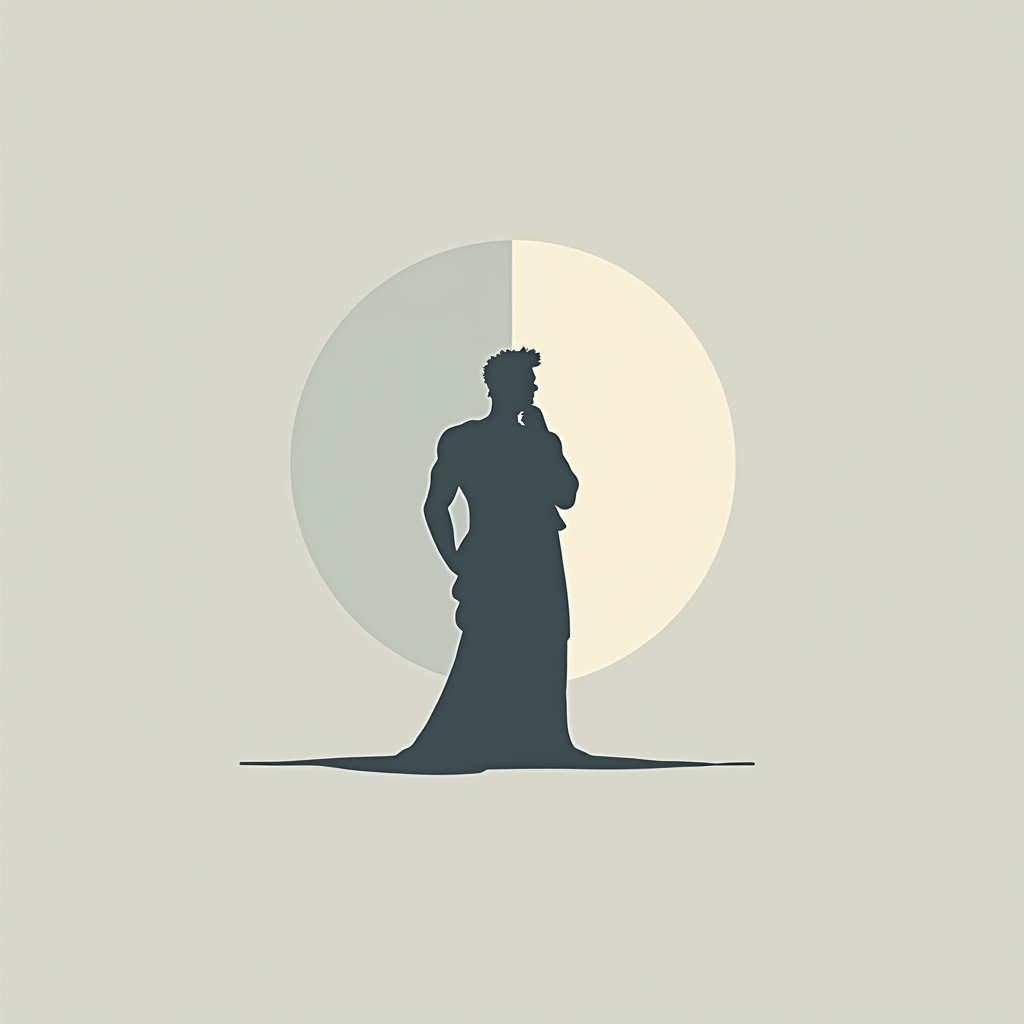The Paradox of Joy: Stoicism and Gratitude & Perspective

A compliment I receive surprisingly often when receiving feedback is that I am a stoic person. For most people this refers to being mentally resilient, enduring adversity without complaining and generally having a tight upper lip. But there is a different between stoicism with a lowercase "s" and Stoicism with a capital "S". The ladder is an ancient school of greek philosophy in which stoicism is one aspect. Stoicism is not an strict ideology, but a philosophy for living a good life. It is not a teaching with principles that must be dogmatically followed. Stoicism has changed since it's origins, and everyone can take the foundation and put their own spin on it.
Stoicism has the wrong reputation of of being about being made of iron. Of being emotionless. But that does not scratch the surface - it is a philosophy that aims to make us more resilient, happier and most importantly: more virtuous. Stoics view the pursuit of virtue as their summum bonum, or "the highest good". That if we walk life virtuously we will achieve purpose and happiness as a byproduct. Stoicism possesses some central ideas that pave the way to a life of virtue. It helps us live our best possible life.
I made the unorthodox choice in school to take Latin as an A-Level subject. As such my introduction to Stoicism were Marcus Aurelius' Meditations, where he reflects on his life and the influence stoic philosophy had on it. They did not impact me as a student translating and interpreting them, but have had a profound influence on my walk through life after rediscovering them when I got older. It made me reflect on the fortunes of my life, really be grateful for what I already have and change my perspective on challenges.
Gratefulness for what you have and the general lack of perspective
I am very much someone who tries to remain unperturbed by the "problems" which are in my life. I say problems in quotations because changing my point of view on my the problems offers another perspective: They are miniscule. I find it hard to shake my fist at the universe after zooming out and looking at them from a more meta plane. I think most people lack this perspective. They lack consideration for the mountain of infinite opportunity we were given. It starts at the very foundation: I cannot wrap my mind around the fact that "I am". I cannot comprehend the gift of life. It is said that we have a chance of 400 trillion to 1 to even be alive. You have a better chance of winning the lottery 1 million times than you have of being born once.
Moreover: Not only am I alive, but born into the most wealthy and knowledgable period in the history of humankind. We have in our pockets a device more powerful than any technology Ronald Reagan had 40 years ago when he was leader of the free world. The archives of all human knowledge are at our disposal.
Changing your reference point can make all the difference.
Happy-if'ers live in a illusion. The next thrill will not find you fulfillment
Our brain is still hardwired to days long past. We all sometimes feel as if on the hedonic treadmill seeking that next achievement. The next thrill. After all, the optimistic caveman who sat contently on the hill being appreciative of life got eaten by a sabertooth tiger. In today's world of overabundance, we have the opposite struggle. People are more likely to die by eating too much than by starvation.
It's natural to strive for the next big milestone and look to the horizon, to look to how things can get even better. Does pursuing these things offer fulfillment? Stoics don't believe external joys are inherently bad, but do believ that they do not offer a path towards sustainable fulfillment. Temperance and finding the sweet spot between excess and scarcity is a core Stoic tenet. What this and the previous section really intersect is gratefulness. For a long time I proceeded through life thinking that "I would by really happy if...". But there is always the next thing we need. It is an illusion and most of these happy-if'ers do not realize they are in one. Happiness isn't having everything in the world, rather, happiness is being grateful for all the blessings we already have.
This does not mean you should not enjoy your achievements or external pleasures. Appreciate the external pleasures life offers you. You are not supposed to be a monk. But don't make your happiness dependent on them. Savor the glass of wine, but be happy also with water.
Building strength of character through voluntary hardship
There is an ancient of fable titled The Choice of Hercules in which Hercules comes to a fork in a road and encounters the goddess of virtue and the goddess of vice. The latter promises Hercules a life of splendor where he does not have to work a day in his life, never encountering hardship. The goddess of virtue tells Hercules that - if he were to follow her path - he would experience a difficult life of adversity and challenge, but that through this he would grow and attain virtue. He obviously chose the latter (the story would otherwise have been very underwhelming) and went on to eventually become a god.
The tale is supposed to teach that it is in the fires of hard challenges where true skill and disciplined is forged. That seeking challenges and hardship cultivates true strength of character. That is more rewarding to persist and endure through tough times that to take the easy escape option.I've written before about the hero-like connotation grit and perserverance as traits have. The message I was trying to convey is that we shouldn't perservere through meaningless hardships out of false pride. What I did not mean is that overcoming struggle is not a testament to strength and resilience.
I have learned to reframe hardships as on opportunity. Greatness comes when you are really tested and you take some knocks & dissapointments. Do not wish away the difficult portions of life. They provide the contrast needed to appreciate the joyful moments. Only when you have been in the deep valleys can you savor the magnificance of the highest mountain.
